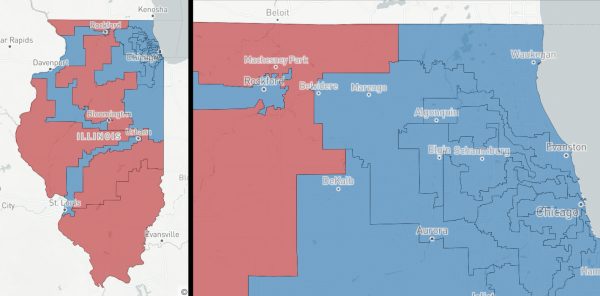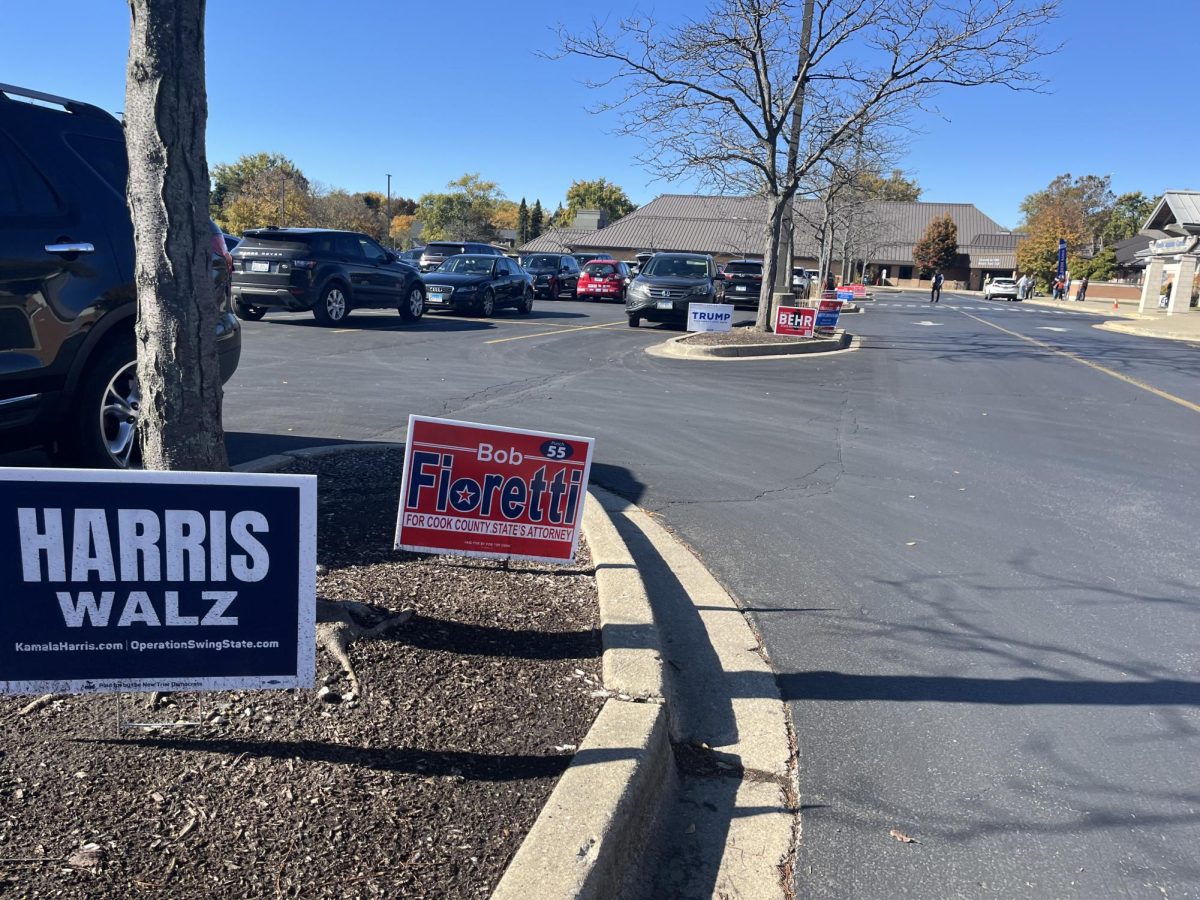In the March primary, voter turnout in Illinois plummeted to 19%, the lowest rate in at least 50 years. With the general election on the horizon, that turnout number will certainly be much higher—but still embarrassingly low. Everyone should exercise their right to cast a ballot, but, in considering this situation, it’s time to rethink the way we vote.
In proposing solutions, it’s imperative to first identify the root sources of the problem. To begin, many elections in Illinois and the North Shore are simply not competitive. According to an analysis by Capitol News Illinois, 88% of the judicial and state legislative primaries in March featured either a single candidate on the ballot or had no one running—the highest number of uncompetitive primaries since at least 2004.
It shouldn’t come as a surprise that fewer people choose to vote when the elections aren’t competitive. Unfortunately, that problem persists in the general election—when there are also few competitive races. According to the Cook Political Report, none of Illinois’ 17 congressional districts are expected to be competitive this year. In 2022, only one district was decided by less than 5%—the 17th District in which Democrat Eric Sorensen won an open seat with 52.0% of the vote.
The reason? According to the non-partisan Princeton Gerrymandering Project, Illinois is one of the most gerrymandered states in the country, receiving an “F” rating. This means that Illinois’ current political maps, created in 2021, significantly advantage the Democratic Party and incumbents. The maps also feature many non-compact districts, splitting counties and communities left and right, and are designed to produce a certain outcome.

I propose that Illinois takes politics out of the process and puts citizens, not politicians, in charge. Such redistricting commissions, which involve ordinary citizens of balanced political affiliations—often even numbers of Republicans, Democrats, and Independents—vary and are not perfect, but have been a success in states like Arizona, Colorado, and Michigan.
While gerrymandering is certainly a big problem, it’s far from the only one plaguing our elections in Illinois. Many down-ballot races aren’t competitive, and neither is the presidential race. In this state, the presidential race is effectively guaranteed to go to the Democrats. I’m not saying not to vote—you absolutely should—but Illinois has voted for the Democratic candidate for president in every election dating back to 1992, and that’s not expected to change soon.
The result of this is that Illinois is ignored in national elections. Setting aside fundraisers, the Democratic and Republican presidential tickets have been to Illinois only a few times this year: Vice President Kamala Harris was in Chicago for the Democratic National Convention in August, and former President Donald Trump attended the convention for the National Association of Black Journalists, and also briefly spent the night at his Chicago Trump Tower last week after campaigning in Michigan.
Meanwhile, the presidential tickets have visited Wisconsin, a mere 40 miles north of New Trier Township, 27 times. Why should the voices of Wisconsin residents matter more than those of us here in Illinois? Under our current system, the answer is pretty simple: the Electoral College. With the Electoral College, the presidential contest in 2024 is really only important in seven states: Arizona, Georgia, Michigan, Nevada, North Carolina, Pennsylvania, and yes, Wisconsin. Three-quarters of campaign stops have been to those seven states, ignoring the hundreds of millions of Americans who live in other parts of the country.
Although many oppose eliminating the Electoral College by arguing it protects the voice of states with smaller populations, it’s not clear it even does that; in 2020, none of the states with only three or four electoral votes were competitive, with the state-by-state and winner-take-all system shifting power instead to closely divided populous states. Furthermore, it’s difficult to justify why the voters in only seven of 50 states should be the ones choosing our president. Eliminating the Electoral College wouldn’t just hand over the power to big cities; it would actually force candidates to spend time, energy, and resources on Republican and Democratic states alike, not just those that are most divided in a given election.
Finally, I propose the implementation of ranked-choice voting, a system that allows voters to rank a field of candidates instead of being forced to choose one, at the state and local level. Under this system, a candidate must win a majority of votes cast, and it can encourage positive campaigning and consensus building. Alaska currently has ranked-choice voting, and in 2022, they elected both Democrat Mary Peltola, one of the most bipartisan Democrats in Congress, and Republican Lisa Murkowski, one of the most moderate Republican senators.
Ranked-choice voting has the potential to let voters better express their opinions and prevent extreme candidates from winning elections. As many states consider adopting this system, I believe that Illinois should as well. It would also make local elections more competitive and reflective of voters, and if successful, it could be expanded to the national level.
Voting is an incredibly important right that everyone should take seriously. But we should also look to improve our system to better reflect the will of the people. By making these changes, Illinois and the nation can foster a more inclusive democracy where every vote truly matters.






































